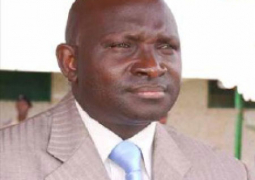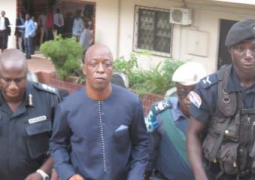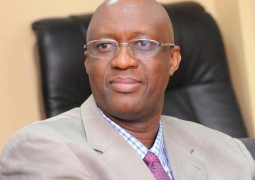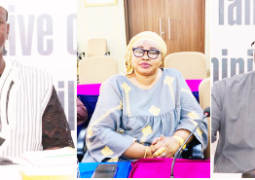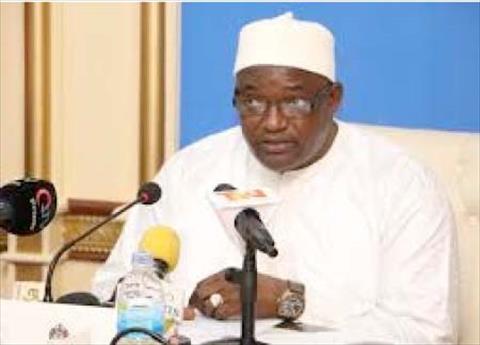
The ECOWAS Regional Electricity Access Project (ECOREAP) is a US$225 million programme providing funding to Gambia, Guinea Bissau and Mali. The Gambia is the only country that received a whole grant, which totaled US$66 million.
This grant will provide extension to distribute the OMVG 225kv transmission line from the substations to be located in Soma and Brikama. It will cover all communities within 100km radius of the two substations. The project is sponsored by the World Bank and was negotiated in Abuja from 29 to 30 October 2018.
This project was negotiated on behalf of The Gambia by the permanent secretary at the Ministry of Petroleum & Energy (MOPE), Mr. Lamin Camara, who led a delegation from the government together with officials from NAWEC, Ministries of Finance and Justice to the World Bank office in Abuja, Nigeria.
This regional project will be implemented in different phases and is part of a programme covering 11 countries namely: Benin, Burkina Faso, The Gambia, Guinea, Guinea Bissau, Mali, Niger, Senegal, Togo, Mauritania and Chad.
The first phase of the ECOREAP comprises three countries, The Gambia, Guinea Bissau and Mali.
In December 2018, the ECOREAP was approved by the World Bank and work has commenced in earnest since then. On July 10, 2020 the managing director of NAWEC and director general of SOLENER Technologies signed the ECOREAP Owner’s Engineer Contract of the Component for The Gambia.
Thus, the signing of the contract for the Owner’s Engineer, who is a major player in the implementation of the project, constitutes one of the important milestones of the project.
The scope of the projects entails:
(i) The extension of medium voltage lines to supply all localities within a radius of approximately 100 km of the OMVG substations in Soma and Brikama
(ii) the project is coordinated by ECOWAS through the Regional Coordination Unit working with National Project Implementation Units.
The Phase 1, which amounts to USD 225 million, of which The Gambia has been allocated of $66 million, will allow access to electricity to 1.1 million people in The Gambia, Guinea-Bissau and Mali.
The Gambia’s component specifically supports the detail design, supply, and installation of distribution networks from Soma and Brikama OMVG 225/33KV substations with the construction of 900km of 33/30KV medium voltage (MV) lines, 380 33KV/400 low voltage (LV) lines to expand grid coverage and maximize the number of new connection and supply and installation of terminal connection equipment in particular connection points, smart prepayment meters including services dropped as well as ready boards for over 52, 000 low voltage customers.
According to a statement from ECOWAS director of Energy and Mines, Douka Sediko, during the signing ceremony of the Owner’s Engineer of the ECOREAP project, the regional nature of the project was intended to maximize funding, which would not have been possible by country.
“Thus, the project complements the national efforts of the States. This regional nature is well anchored through the technical aspect of the project and its implementation structure.”
Mr. Sediko further said that the project consists of an extension of medium voltage lines to supply all localities within a radius of approximately 100 km around an existing feeding substation or an existing nearby network from a Regional Electricity Grid, adding that the project is coordinated by ECOWAS through the Regional Coordination Unit working with National Implementation Units.
He finally expressed confidence that the ECOWAS-REAP Phase 1 is on the right track in The Gambia despite all the additional challenges due to the COVID-19 Pandemic.
Meanwhile, the implementation of the project is planned for the period 2020-2022 and this begins precisely with the mobilisation of the Owners’ Engineer whose contract signature is the subject of that signing ceremony.
This owner’s engineer will be the project supervisor that will prepare the bidding documents for the works and supervise the execution of the works, which will last 18 months.


